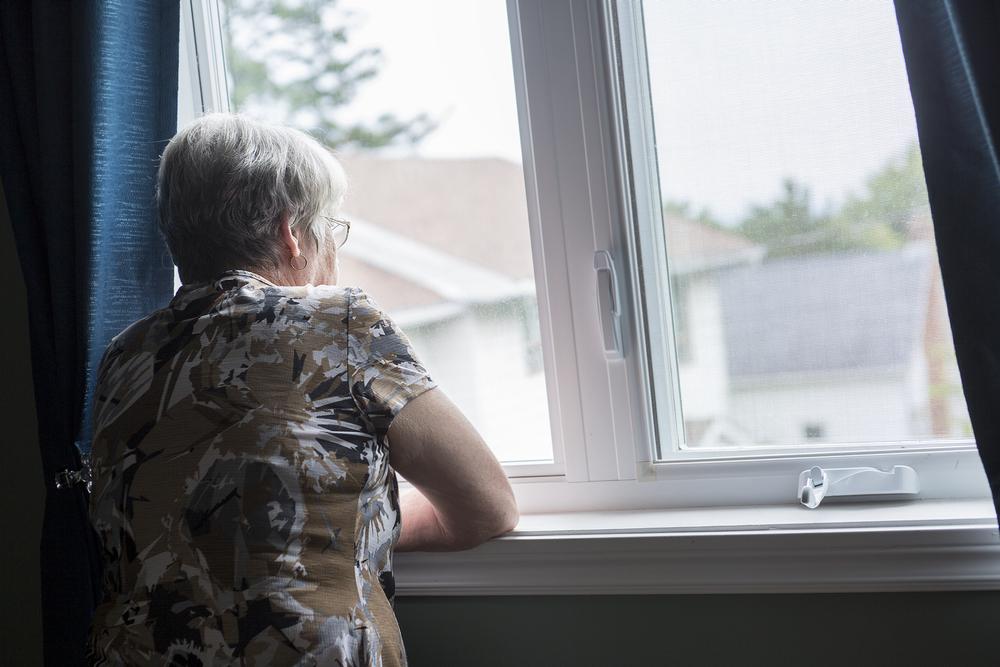Commentary
What do squirrels, woodpeckers, fiddler crabs, rats, and human beings have in common? At first glance, very little. But they all hoard. However, unlike the other animals listed, humans have developed an unhealthy obsession with the excessive accumulation of stuff. This is especially true in the United States, where hoarding is now considered an epidemic of epic proportions (pdf).





